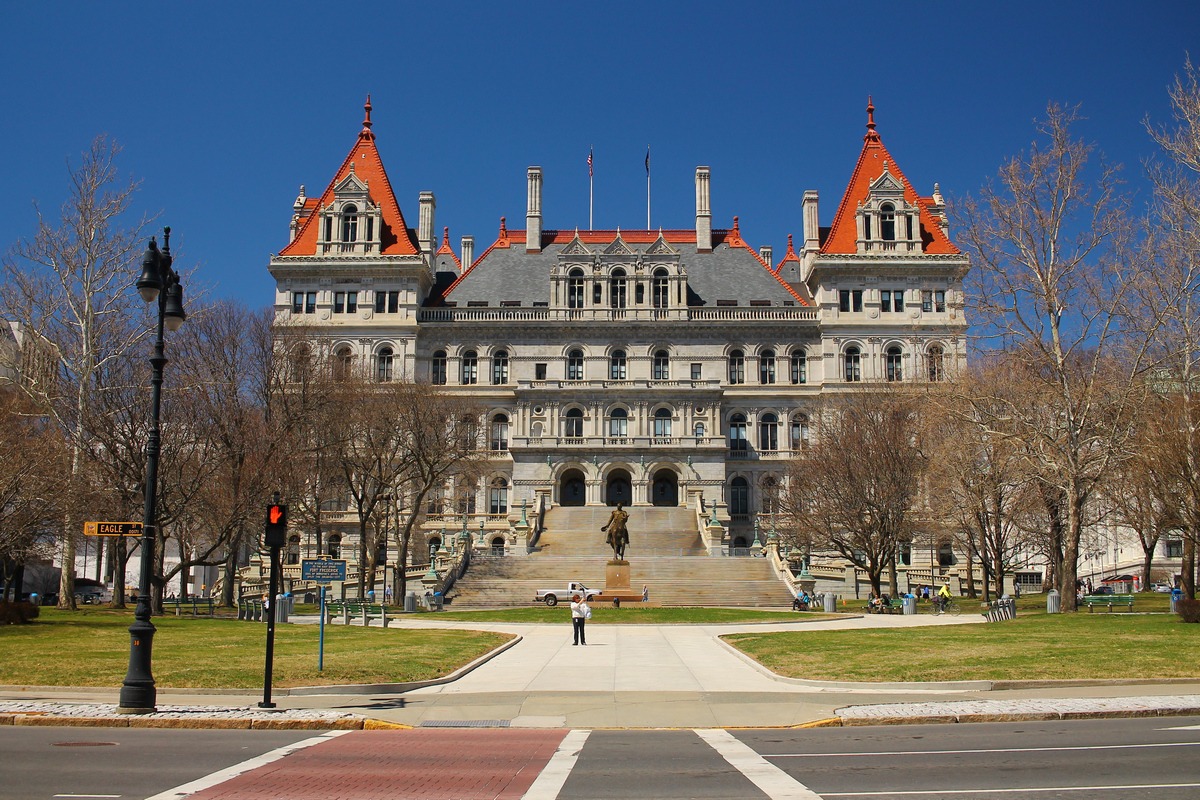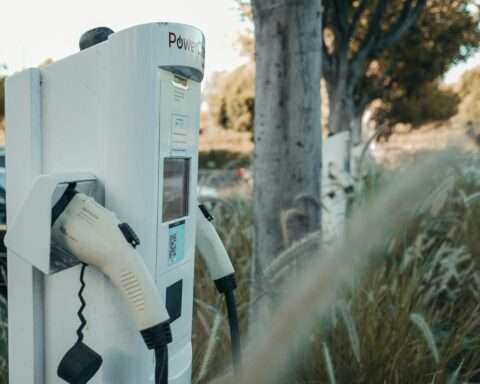EXCLUSIVE: This story is exclusive to Government Contracting Pipeline.
Subscribe here for more content like this in our weekly email newsletter.
Nearly four months of negotiations ended as New York lawmakers have passed a $254 billion state budget, the largest in state history. The budget makes significant investments across transportation, education, social services and environmental programs while preparing for potential federal funding cuts under the Trump administration. It maintains record-level reserves and addresses several pressing state priorities.
While avoiding personal income tax increases, the budget extends existing tax hikes for top earners and implements new taxes on large New York City businesses with payrolls exceeding $10 million annually. These funds will help support the Metropolitan Transportation Authority’s (MTA) $68 billion five-year capital plan to upgrade the region’s transit infrastructure.
Middle-income households earning below $323,000 will see a modest 0.2% tax cut, and most New Yorkers will receive one-time “inflation rebate” checks ranging from $150 to $400.
To address unemployment insurance challenges, the state will allocate $8 billion from its reserves to pay off pandemic-era federal debt and shore up the system. This investment will increase the maximum weekly benefit from $504 to $869, the first boost in six years.
For education, the budget provides approximately $36 billion, including $26.4 billion in Foundation Aid for public schools—an increase of over $1 billion from last year. The formula for distributing these funds received its first update since 2007, changing how student poverty is measured and increasing support for English Language Learners.
Universal free school meals will now be available to all New York students, expanding a program that previously covered 90% of the state’s children. Additionally, the New York Opportunity Promise Scholarship will provide free community college to students aged 25 to 55 without degrees who enroll in high-demand fields like healthcare, technology and education.
The budget makes targeted investments in health care and social services, allocating $53 million for the “unmet needs” program that provides in-home care to seniors who don’t qualify for Medicaid. It expands involuntary commitment policies for mental health crises while requiring ambulances rather than police for patient transport.
To address childcare challenges, the budget partially closes the voucher funding gap with $350 million for New York City (requiring matching funds) and $50 million for other counties. A new $3 million substitute caregiver pool program is intended to maintain staffing ratios in childcare facilities.
Nonprofit health and social service providers received a 2.6% funding increase, well below the nearly 8% they had requested, with stipulations that funds support staff recruitment and retention rather than executive salaries.
For environmental initiatives, the budget allocates $1 billion for climate programs. About half will fund building decarbonization projects, with significant portions dedicated to electric vehicle infrastructure and grid improvements. The Environmental Protection Fund received a boost to $425 million, while the Clean Water Fund maintained its $500 million allocation.
However, major climate proposals like the NY HEAT Act and expanded solar tax credits failed to make the final budget, disappointing environmental advocates.
Criminal justice provisions include rollbacks to discovery reform and expanded involuntary commitment criteria. The budget also requires corrections officers to wear body cameras during all interactions with incarcerated people and authorizes the closure of up to three prisons in the coming year.
Photo by formulanone via Wikimedia Commons













